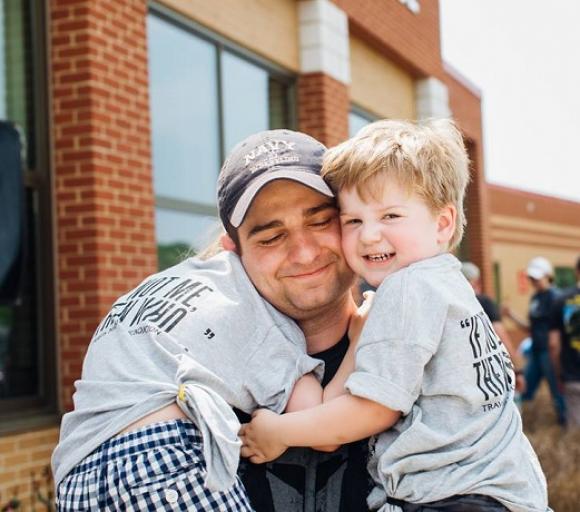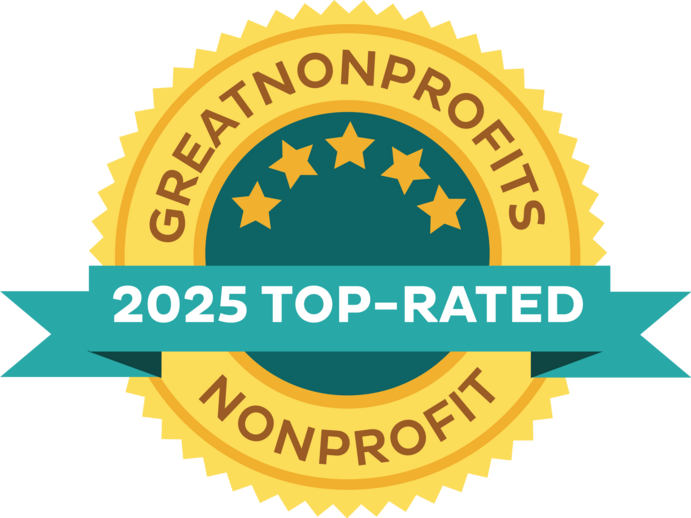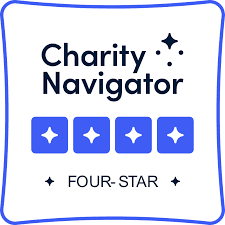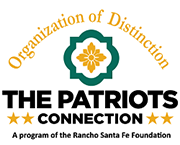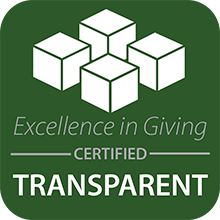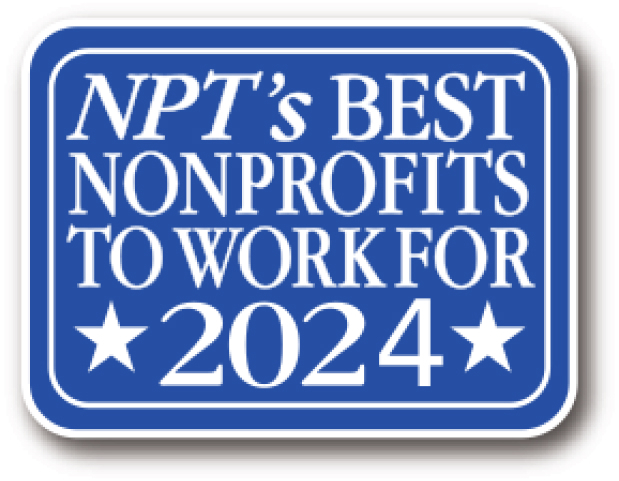MAKE A PLANNED GIFT
There are many ways to create a planned gift tailored to your financial situation, ensuring both your family’s needs and your desire to build a lasting foundation of support for TMF. Planned gifts, such as bequests or beneficiary designations, offer significant tax benefits without affecting your current finances.
Whether you choose to leave a gift in your estate plan or explore other planned giving options, your generosity directly supports our work with veterans, families of the fallen, and communities nationwide. If you’ve already included the Travis Manion Foundation in your estate plans, let us know through our LifeLegacy tool—it’s simple and ensures your legacy is honored.
Learn More
